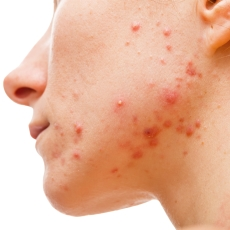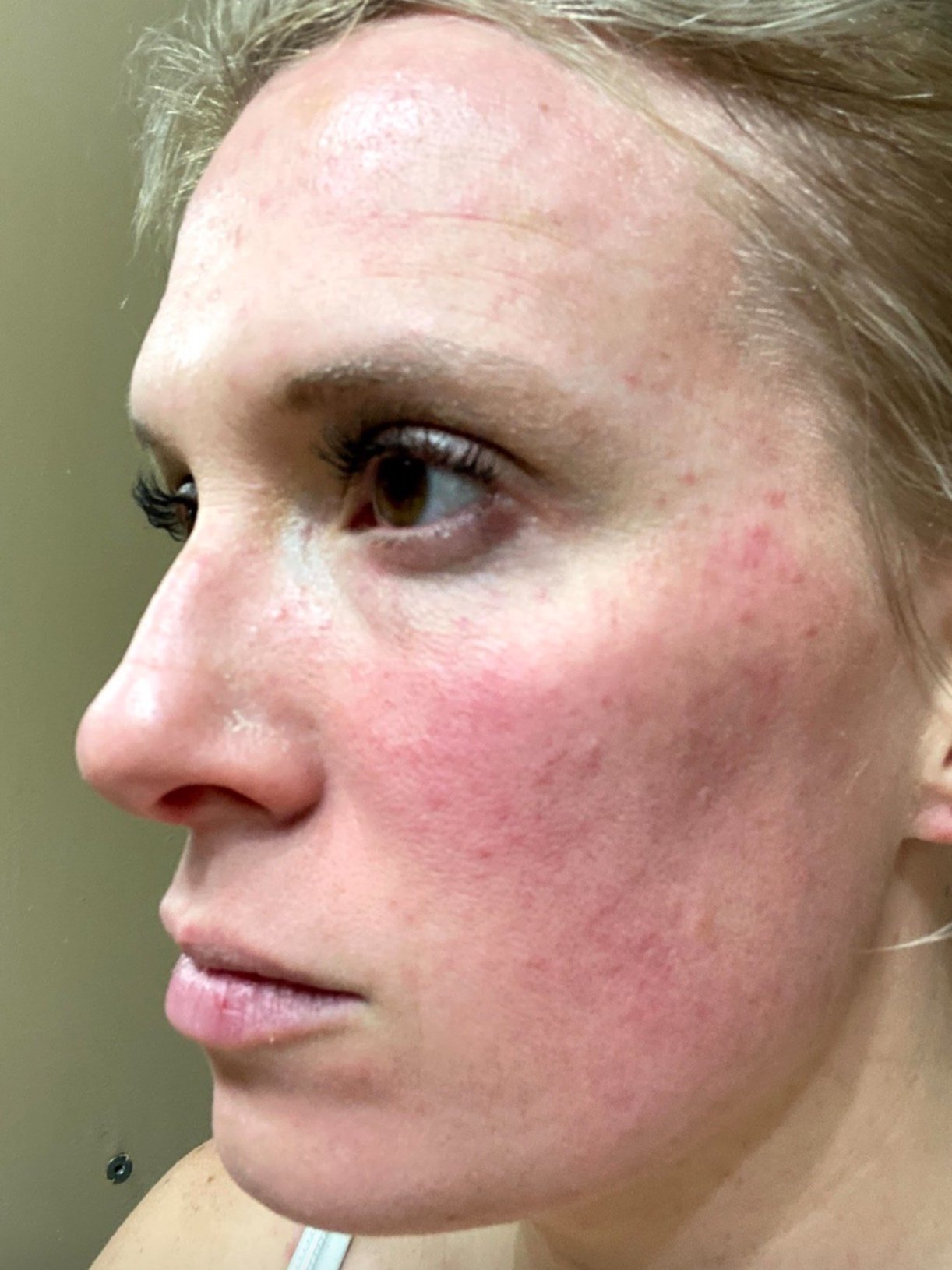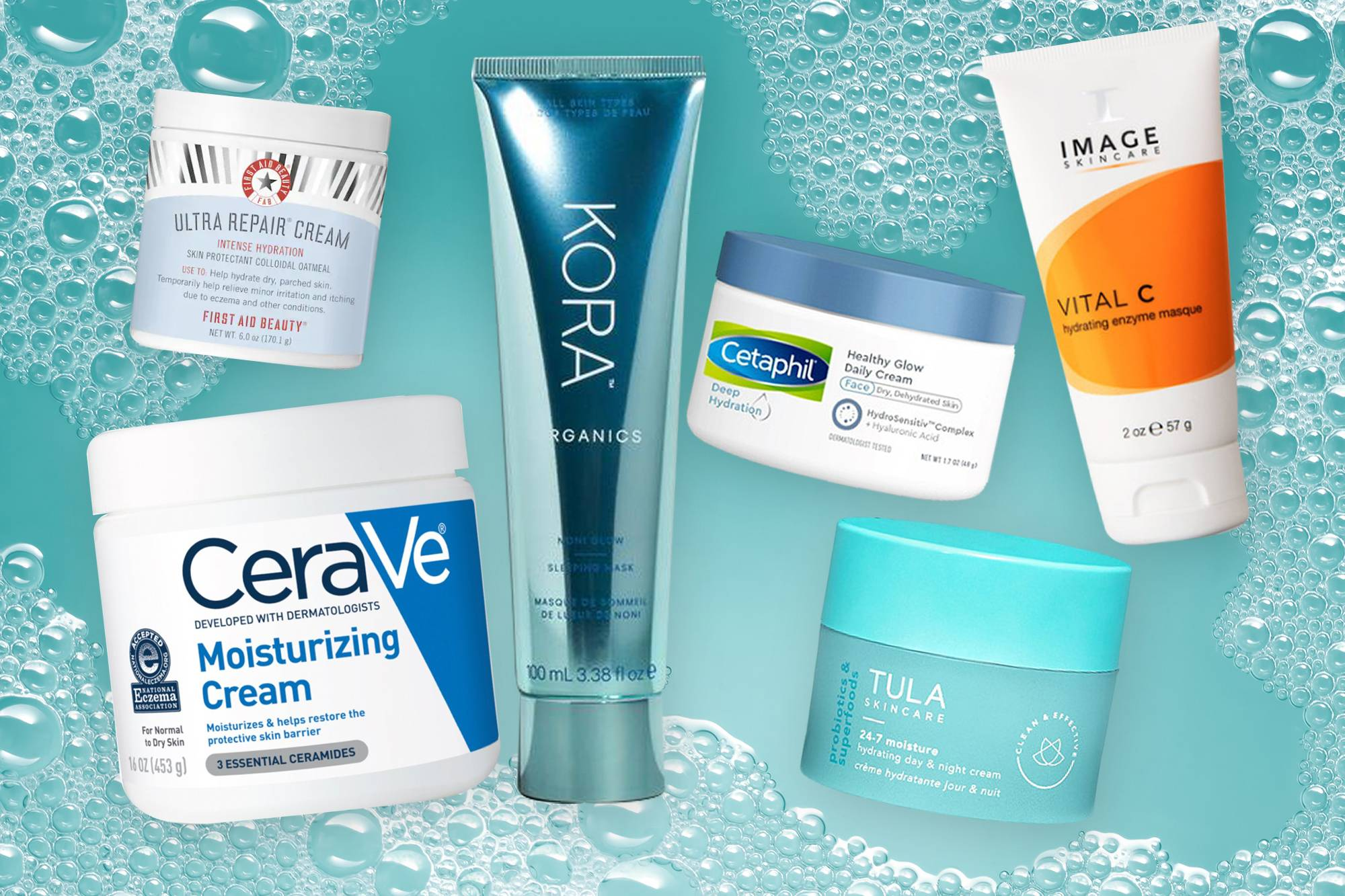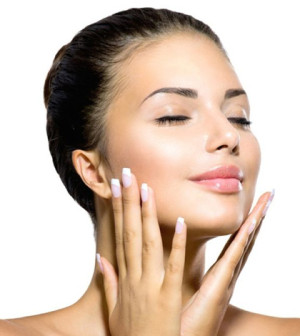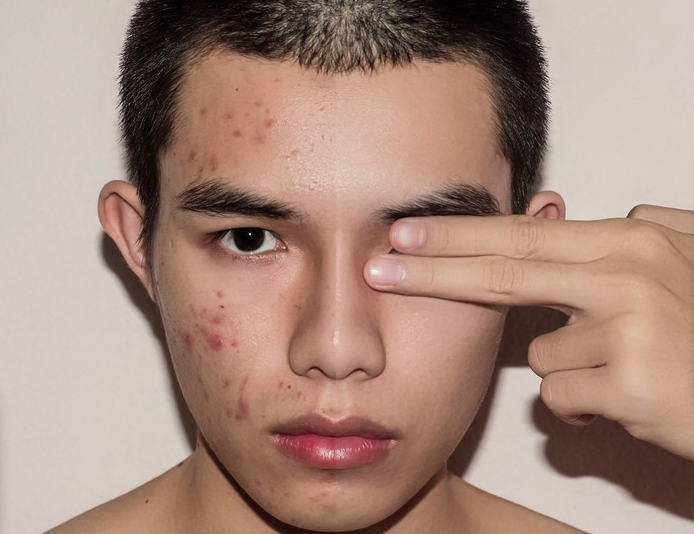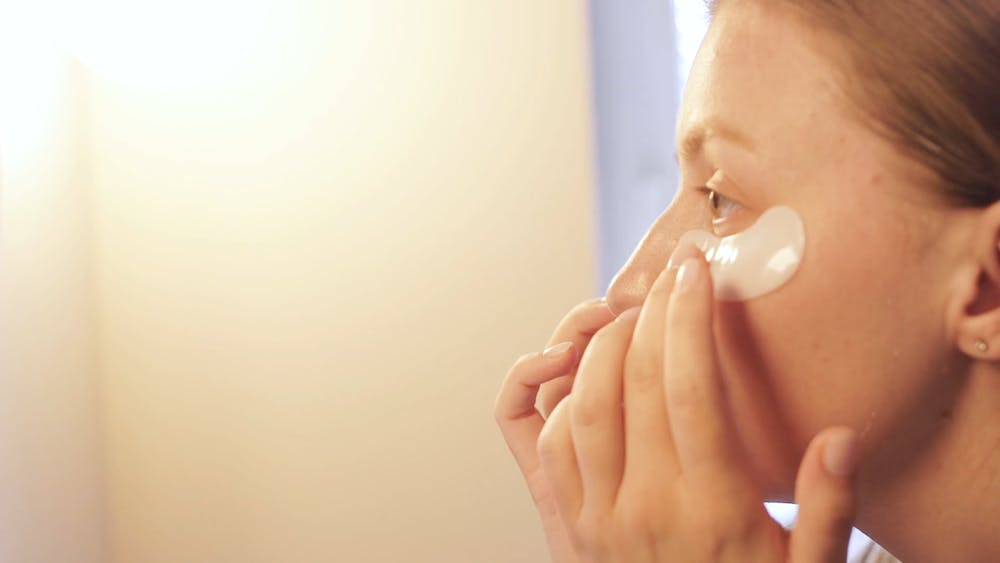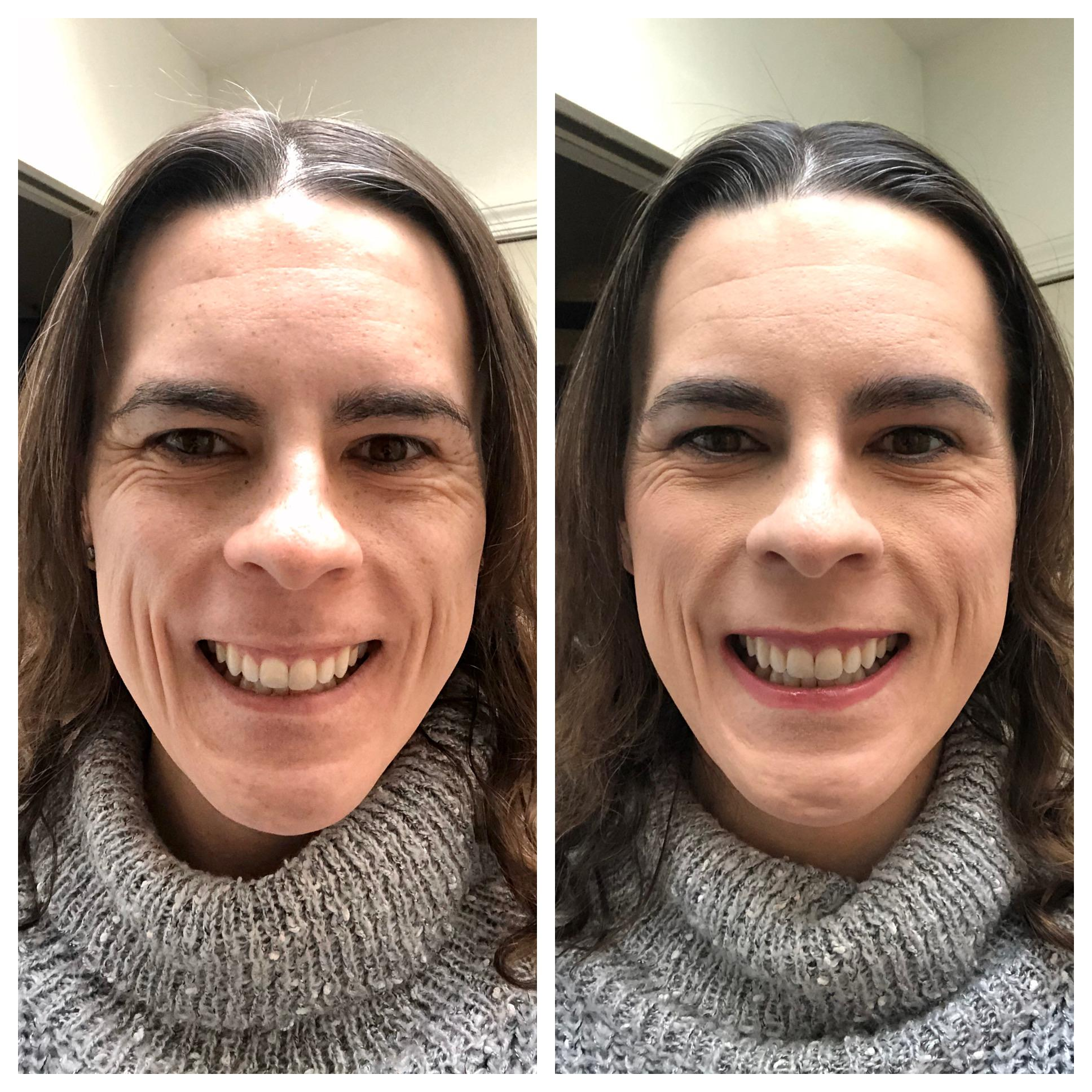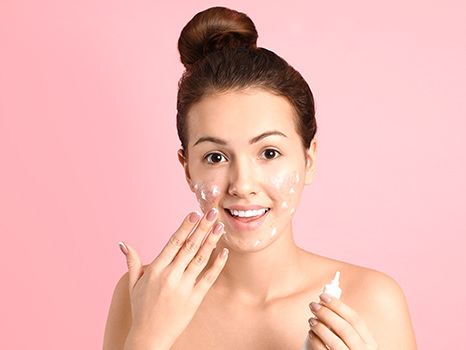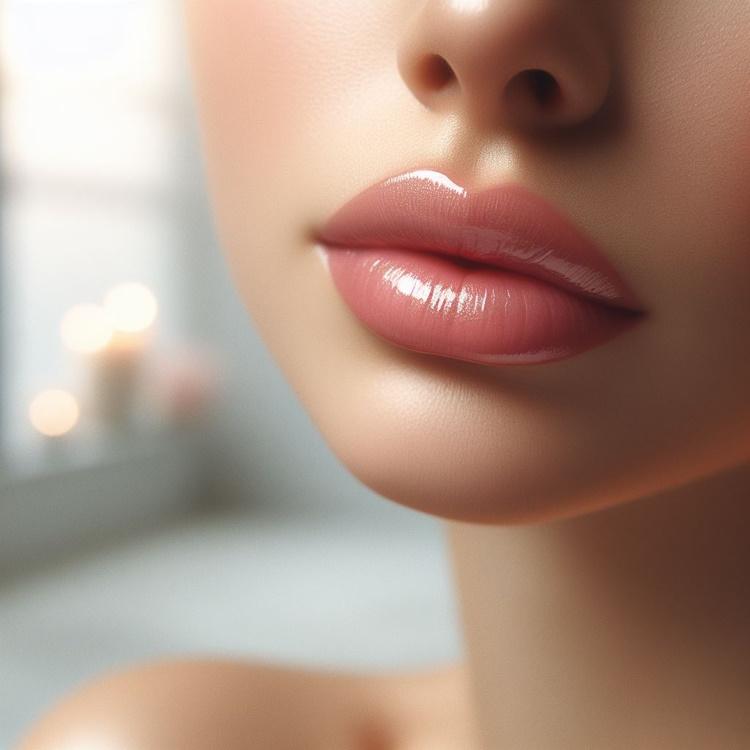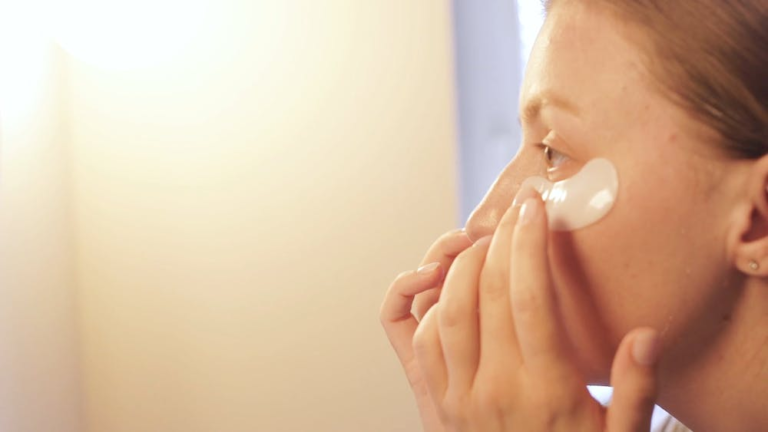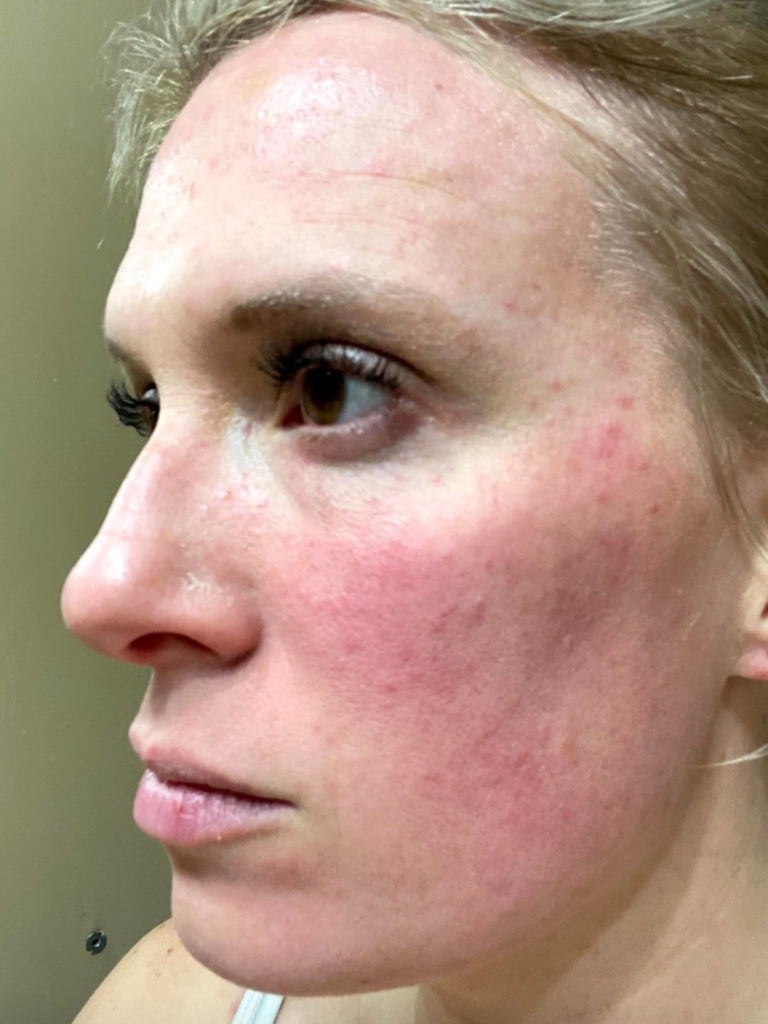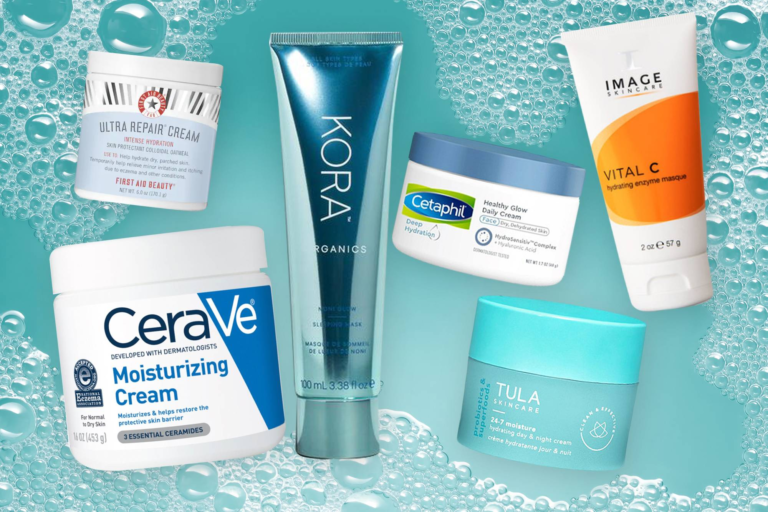How to Get Rid of Acne Scars with Effective Skincare Products and Treatments
How to Get Rid of Acne Scars with the Best Skincare Products of 2024

“Radiant Confidence: A Journey Beyond Acne Scars”
Acne scars are one of the most common skin concerns, affecting millions of people worldwide. They can be caused by various factors, such as hormonal changes, medications, diet, genetics, and picking or popping pimples. Acne scars can appear as brown or red discoloration, depressed or raised marks, or uneven skin texture. They can also affect your self-esteem and confidence.
But don’t worry, there is hope! With the right skincare products and treatments, you can fade and smooth your acne scars, revealing a clearer, brighter, and even more complexion. In this article, we will share with you the best acne scar products of 2024, according to dermatologists and experts. We will also explain how they work, how to use them, and what results to expect.
We have a product for you whether you have hyperpigmentation, atrophic scars, hypertrophic scars, or active acne. From retinoids and acids to peels and serums, these products will help you get rid of acne scars and prevent new ones from forming. Plus, they are affordable, effective, and easy to use at home. Ready to transform your skin? Read on to discover the best skincare products for acne scars in 2023.
What Causes Acne Scars and How to Prevent Them
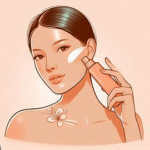 Acne is your body’s natural reaction to excess sebum, dead skin cells, and bacteria building up in the pores. When this inflammation becomes severe enough, the pores may rupture and release their contents directly onto the skin surface.
Acne is your body’s natural reaction to excess sebum, dead skin cells, and bacteria building up in the pores. When this inflammation becomes severe enough, the pores may rupture and release their contents directly onto the skin surface.
Acne can leave behind permanent scars. But there are ways to lessen their appearance and even stop new scars from developing in the first place.
When an acne breakout strikes, your body tries to repair itself by producing new tissue, including collagen, which supports skin function. When this process fails properly, it can result in scarring.
According to the Cleveland Clinic, how you respond to acne injuries will determine how much scarring develops; too much or too little collagen production could raise or depress acne scars.
Acne scars come in two distinct forms: those caused by tissue loss, such as pockmarks, and those resulting from raised scar tissue on the skin’s surface.
 Your doctor or dermatologist can assess which form of acne scarring you have and provide treatment products designed to address it. Furthermore, they can inform you which types of scars form more frequently for your specific skin type and potential risks like hyperpigmentation.
Your doctor or dermatologist can assess which form of acne scarring you have and provide treatment products designed to address it. Furthermore, they can inform you which types of scars form more frequently for your specific skin type and potential risks like hyperpigmentation.
Maintaining a regular skincare routine is one of the best ways to rid yourself of acne scars. This means washing your face daily, limiting sun exposure, and keeping your skin hydrated.
Best Ingredients to Look for in Acne Scar Products
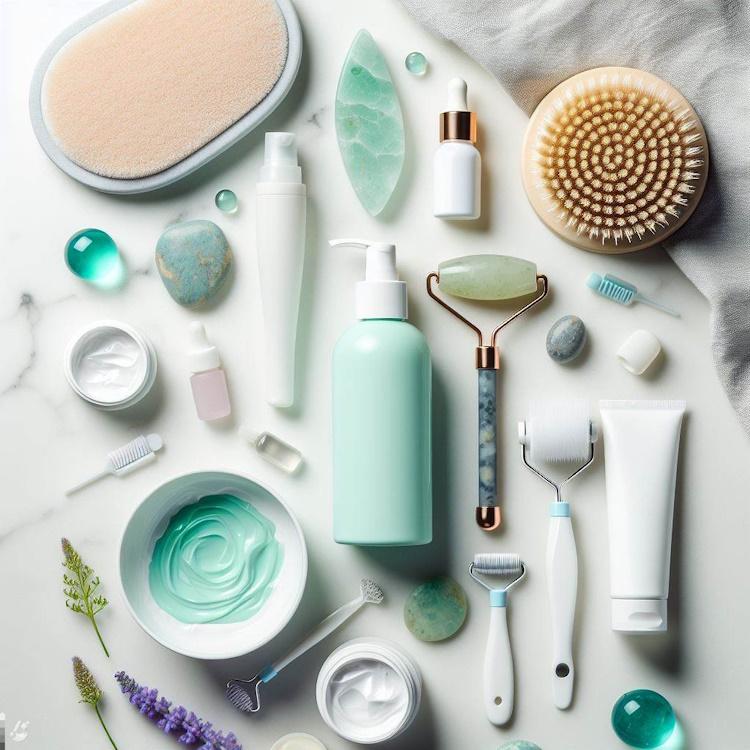
“Skincare Essentials for a Radiant Complexion”
Acne scars may be difficult to remove, but numerous skincare products and treatments can assist. With proper treatments, acne scars may fade and reveal even more complexion.
Experts advise using a gentle cleanser that won’t dry out or irritate existing blemishes, followed by an intensive moisturizer like EFFACLAR Duo(+) or CeraVe Hydrating Hyaluronic Acid Serum to keep skin supple and healthy-looking.
No products found.
Vitamin C face serum is an ideal skincare ingredient to reduce acne scars and discoloration while aiding collagen production, which is essential for rejuvenating and brightening the complexion.
Hydroquinone is another fantastic ingredient, proven to reduce dark pigmentation caused by blemishes. Ambi Fade Cream features 2 percent hydroquinone alongside other proven mark-fighters such as soy extract and vitamin E to combat dark spots on the skin.
Before applying it to your skin, please perform a patch test, as misusing this product can cause irritation or discoloration if used incorrectly.
 Dermatologists often recommend silicone sheets like Zit Sticka, Scaraway, and Mederma that simulate the natural skin barrier, help hydrate scar tissue, and soften and flatten marks.
Dermatologists often recommend silicone sheets like Zit Sticka, Scaraway, and Mederma that simulate the natural skin barrier, help hydrate scar tissue, and soften and flatten marks.
Dermatologists might recommend cortisone injections or laser treatment as solutions for severe cases.
Garshick also suggests using healing ointments on any irritated or inflamed blemishes that can become infected to relieve their irritation and prevent picking or squeezing that could further irritate them. These creams help soothe inflammation while protecting the skin against further picking or squeezing, potentially leading to additional damage.
Be sure to wear SPF whenever outdoors in the sun; otherwise, UV rays could exacerbate existing red and brown marks, making them appear darker and more prominent.
 RESTORE YOUTHFUL VITALITY WITH HYDROESSENTIAL™ SERUM
RESTORE YOUTHFUL VITALITY WITH HYDROESSENTIAL™ SERUMExperience smoother, younger-looking skin with Hydroessential™ Serum, the ultimate solution for aging skin. Crafted with all-natural ingredients and backed by science, this serum targets wrinkles, fine lines, dark spots, and blemishes, leaving your skin flawlessly radiant. Our serum is easy to incorporate into your daily routine, delivering visible results without any greasiness. Try Hydroessential™ today and witness a revitalized, vibrant complexion like never before. Secure your bottle now and embark on a journey to timeless beauty.
FOR YOUR SAFETY CLICK HERE TO BUY FROM THE OFFICIAL HYDROESSENTIAL WEBSITE
Creating an Effective Skincare Routine
An effective skincare routine is key to keeping skin looking its best and healthy. Not only can it prevent acne and other issues from appearing on your complexion, but it can also reduce fine lines and wrinkles over time.
An essential skincare routine includes using a cleanser, toner, moisturizer, and sunscreen products; you may consider supplementing this routine as necessary, depending on your needs.
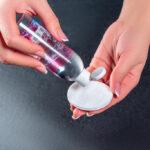 Cleansing should be performed twice daily as part of your skincare regimen, using a mild cleanser tailored specifically for your skin type and gentle cleansing products as often as needed.
Cleansing should be performed twice daily as part of your skincare regimen, using a mild cleanser tailored specifically for your skin type and gentle cleansing products as often as needed.
An exfoliation treatment once every week can help clear away flaky skin and give your face a brighter, more even complexion. Select an exfoliating gel or cream that doesn’t contain sulfates to avoid drying out your skin and get smooth results!
Topical acne treatments may also help reduce breakouts and hasten healing, so they should be applied right after washing with a cleanser.
Use moisturizers morning and night for optimal skin hydration. Aim for one containing glycerin, hyaluronic acid, and botanical oils, as these will nourish and hydrate.
 Sunscreen should be part of your daily regimen if you have oily or combination skin. Sunscreen protects from harmful UV rays, which can exacerbate acne scarring.
Sunscreen should be part of your daily regimen if you have oily or combination skin. Sunscreen protects from harmful UV rays, which can exacerbate acne scarring.
Fading the scars may be difficult, but you can do it with persistence and consistency. While results may take weeks or months to become noticeable, they’ll more than make up for their effort in the end!
Your dermatologist can tailor a skincare regime specifically tailored for you to address acne scars. In addition, she may suggest products designed to address specific types of scars you are suffering from.
Tips and Tricks for Reducing the Appearance of Scarring
 Acne scars can be embarrassing and demoralizing, severely diminishing one’s self-confidence and making daily tasks much harder than necessary. Luckily, treatments available can reduce the appearance of acne scars to restore confidence and make these marks less visible – helping regain your sense of well-being!
Acne scars can be embarrassing and demoralizing, severely diminishing one’s self-confidence and making daily tasks much harder than necessary. Luckily, treatments available can reduce the appearance of acne scars to restore confidence and make these marks less visible – helping regain your sense of well-being!
Step one in treating acne effectively is establishing an effective skincare routine and using products that decrease breakouts.
Touching or squeezing pimples to reduce irritation that could lead to scarring is another effective strategy for avoiding cystic or nodular acne, which tends to leave deep scars.
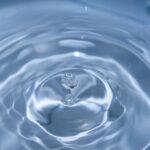 Finally, water is essential to keeping skin hydrated. Drinking plenty of water helps your body naturally combat inflammation and maintain clearer skin.
Finally, water is essential to keeping skin hydrated. Drinking plenty of water helps your body naturally combat inflammation and maintain clearer skin.
Protecting your skin from sun damage is also essential, as prolonged sun exposure can darken and discolor scars, making them more apparent. Therefore, sunscreen should be part of your daily skincare routine and included in a daily skincare regime.
Chemical peels are another effective means of diminishing scarring, whether at home or professionally.
A dermatologist can advise the appropriate peels for you based on your individual needs, which can be used to address shallow or pitted acne scars, and may even be combined with laser therapy treatments.
Other treatments for more severe scars include steroid injections that can help flatten raised scars. You could also get fillers to smooth out indentations or atrophic scars.
The Role of Professional Treatments
Acne is a common skin condition affecting people of all ages. It occurs when pores become blocked with dirt, oil, and dead skin cells, which then get infected by bacteria and cause inflammation, resulting in acne breakouts.
Inflammation triggers skin cells to produce new collagen fibers and heal the blemish, though, in some instances, its contents spill onto surrounding tissue and form scars that can become permanent.
Depending on their severity and appearance, various professional treatments are available for acne scars. These may include laser treatment, resurfacing treatments, and fillers.
Dermatologists often employ light therapy to enhance the look and increase the production of collagen and elastin to combat acne scarring, both shallow and deep. Treatments stimulate your body to create new skin cells, improve its tone and texture, and help create a clearer complexion.
Power Up Your Acne Prone Skincare: Regain Confidence (wherecanibuythat.us)
Dermatologists often suggest Botox relaxes the skin, decreasing acne scars by preventing puckering. Unfortunately, its results are temporary; therefore, repeat treatments must be scheduled to maintain the results.
Micro-needling, in which small needles puncture the skin with tiny punctures to stimulate healing and formation of new collagen, may also effectively eliminate acne scars that are deeper or harder to treat than shallower ones. This process has the added advantage of providing immediate results with no downtime following treatment.
Other treatments, like excision, may also be an option for moderately severe acne scars. Excision involves surgically extracting most or all of the scarred area to produce a less visible finish and leave behind smoother surfaces with less visible scars.
Home Remedies to Get Rid of Acne Scars

Certain home remedies can be useful in lessening the appearance of acne scars or even preventing them from forming altogether.
Acne scars can be frustrating and difficult to get rid of, but there are some home remedies that may help reduce their appearance or prevent them from forming.
One of these is black seed oil, which has anti-inflammatory and antioxidant properties that may help even out skin pigmentation and heal acne wounds. You can apply black seed oil directly to the affected areas twice a day or mix it with honey or aloe vera gel for extra benefits.
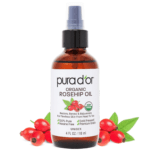 Another home remedy is rosehip oil, which has been shown to reduce discoloration in postsurgical scars. Rosehip oil is rich in vitamin C and essential fatty acids that may help promote skin regeneration and collagen production. You can massage a few drops of rosehip oil into your acne scars once or twice a day or add it to your moisturizer or sunscreen.
Another home remedy is rosehip oil, which has been shown to reduce discoloration in postsurgical scars. Rosehip oil is rich in vitamin C and essential fatty acids that may help promote skin regeneration and collagen production. You can massage a few drops of rosehip oil into your acne scars once or twice a day or add it to your moisturizer or sunscreen.
A third home remedy is apple cider vinegar, which contains organic acids such as citric acid and lactic acid that may help kill acne-causing bacteria and improve the appearance of acne scars. Apple cider vinegar also has astringent and exfoliating properties that may help unclog pores and remove dead skin cells. To use apple cider vinegar for acne scars, dilute it with water in a 1:3 ratio and apply it to your skin with a cotton ball. Leave it on for 10 to 15 minutes, then rinse it off with water. Repeat this once or twice a day, but be careful not to overuse it as it may irritate your skin.
References: Acne Scars
Acne Scarring-Pathogenesis, Evaluation, and Treatment Options – PubMed (nih.gov)
Last update on 2024-07-27 / Affiliate links / Images from Amazon Product Advertising API

